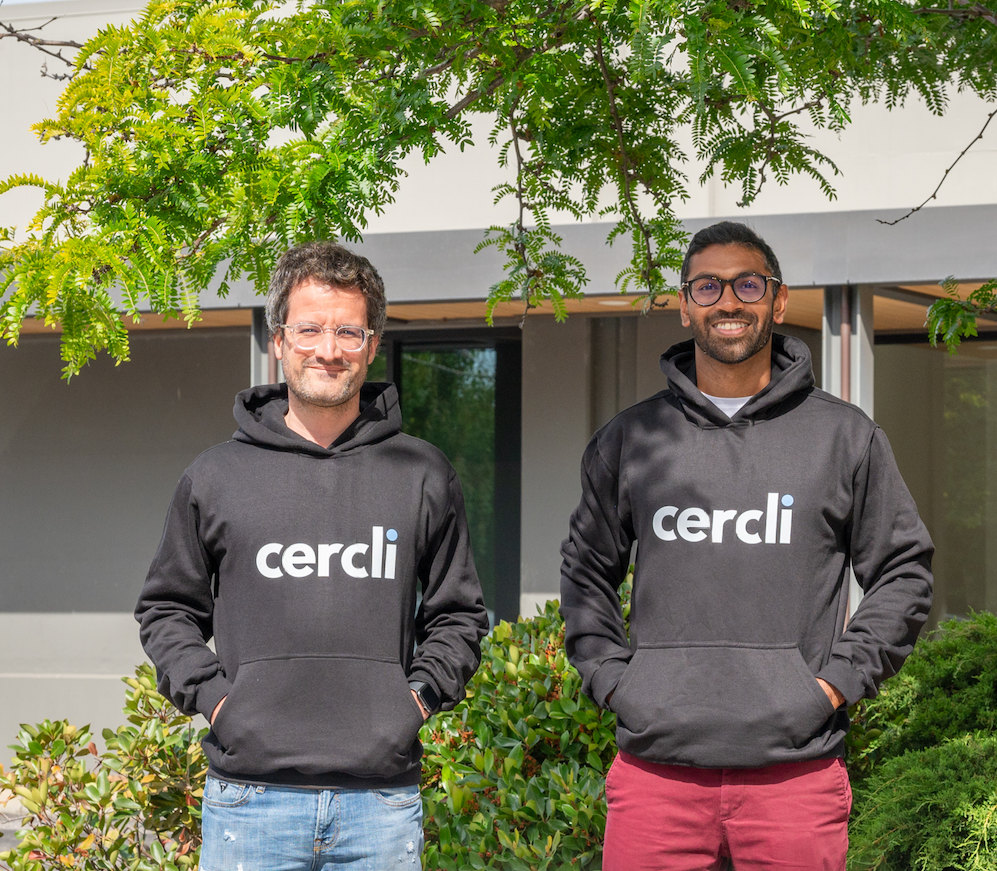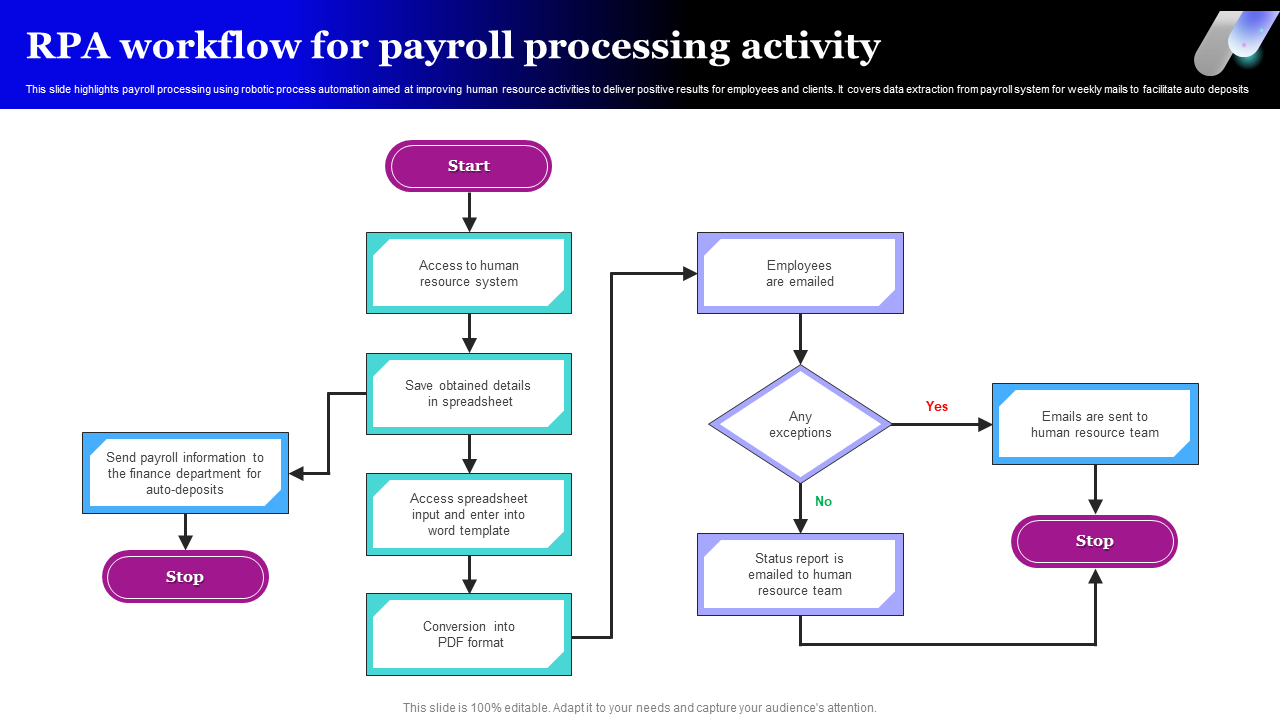
Amazon Acquires Key Talent from AI Robotics Startup Covariant
Startup
Paikan Begzad
31 August 2024
03 September 2024
|
Zaker Adham
Summary
Summary
Akeed Azmi and David Reche, while managing teams at two of the largest unicorns in the Middle East and North Africa (MENA) region, identified a significant opportunity in the market—an estimated $2 billion gap in efficient payroll management. Their former employers, Careem and Kitopi, along with other local businesses, faced challenges in managing payroll and dealing with high compliance costs due to human errors.

To address this, they founded Cercli in January, a startup designed to streamline payroll management across the MENA region. Cercli’s platform has quickly gained attention, leading to a $4 million seed funding round led by San Francisco-based Afore Capital, marking its first investment in the region.
Afore Capital recognized the potential of Cercli’s solution, referring to it as the “Rippling for MENA.” Managing Partner Anamitra Banerji emphasized that the founders are tackling one of the region’s biggest challenges: managing a global workforce while ensuring compliance.
Azmi, Cercli’s CEO and former operations leader at Kitopi and Careem, experienced these challenges firsthand during Kitopi’s global expansion. Managing payroll across multiple countries revealed inefficiencies that Cercli now aims to resolve with its unified platform.
Reflecting on his experiences, Azmi noted, “I was essentially doing what Deel does at Kitopi. When we launched in new markets, we had to navigate complex payroll systems. That’s where I saw the need for a streamlined solution to manage payroll across an entire workforce efficiently.”
To validate their idea, Azmi and Reche interviewed over 30 companies, ranging from industry giants like Saudi Aramco to small businesses in Dubai’s Karama area. They found that while smaller businesses often relied on error-prone spreadsheets, larger companies spent millions on ERP solutions like Microsoft Dynamics, SAP, or Oracle to manage payroll. Cercli was created to simplify these processes by replacing outdated methods with a single, efficient platform.
Cercli’s platform not only reduces human errors but also ensures full compliance with local regulations, a significant concern for companies in the region. The platform has already begun to replace standalone HRIS systems and remote payroll solutions like Deel and Remotepass for several customers due to its superior efficiency and localized services.
Initially focused on building a native payroll system for local employees, Cercli expanded to include remote payroll solutions as customer demand grew. While global platforms like Deel or RemotePass are useful for managing remote contractor payrolls, they often fall short in handling local payroll needs. Cercli’s platform bridges this gap, providing a comprehensive solution that meets the specific requirements of businesses in the MENA region.
Azmi explained, “As we grew, clients started asking if they could consolidate all their payroll needs into our platform, as other systems couldn’t handle local payroll. This led us to develop multiple systems to meet their global needs while remaining localized for MENA businesses.”
One of Cercli’s key advantages is its compliance with specific labor laws and its ability to process salaries for employees without bank accounts. This localization adds significant value, as non-compliance with local regulations can lead to substantial payroll expenses. “Companies face the same challenge: lacking a single source of truth for their workforce, often one of the largest expenses on their P&L,” Azmi noted.

Cercli primarily targets mid-market enterprises, where the need for integrated and compliant solutions across HR, finance, accounting, legal, and IT is most pronounced. By adhering to the specific regulations of the MENA region, Cercli enables businesses to manage a range of services, including payroll, compliance, employee-of-record, expense reimbursements, onboarding, and leave approvals.
The platform integrates with various workplace tools to streamline these processes, building horizontally across multiple product verticals and markets. Azmi credits this to his team, 80% of whom are in product and engineering, with experience at companies like Microsoft, ADP, and Accenture.
“I think where we’re closest to Rippling is in our horizontal approach, building across the entire HR and payroll stack for businesses in the region. This is our entry point into creating a more comprehensive product to automate other manual back-office work,” said Azmi, adding that Cercli also serves as a payroll subprocessor for global platforms like Rippling, Workday, and Deel.
Since its launch earlier this year, Cercli has experienced rapid growth, with a 25% month-on-month increase. The platform has processed over $23 million in employee salaries across 31 countries, catering to companies ranging from small businesses to enterprises with up to 500 employees.
The demand for payroll and HR solutions is rising across emerging markets as global companies seek more value. Recent acquisitions, such as New York-based Payoneer’s purchase of Singapore-based Skuad for $61 million and Deel’s acquisition of South Africa’s PaySpace for over $100 million, underscore this trend.
While some markets are ripe for consolidation, the MENA region is still developing. Azmi notes that while PaySpace was acquired for its payroll APIs, Cercli aims to be among the first to “codify regulations” in the MENA region, positioning itself as a leader in this space.
RemotePass, which has recently localized its products for the MENA region, and Workpay, another YC-backed payroll company focused on Africa, could emerge as competitors to Cercli if their products and markets intersect.

Y Combinator participated in Cercli’s seed round, along with COTU Ventures and Rebel Fund. Several executives from companies like Ramp, Rappi, Kitopi, Careem, and Rippling also contributed to the round. Cercli plans to use the funding to expand its team, develop new products for SMEs and enterprises, and grow its presence in key markets.

Startup
Paikan Begzad
31 August 2024

Startup
Zaker Adham
21 August 2024

Startup
Zaker Adham
08 August 2024

Startup
Paikan Begzad
07 August 2024